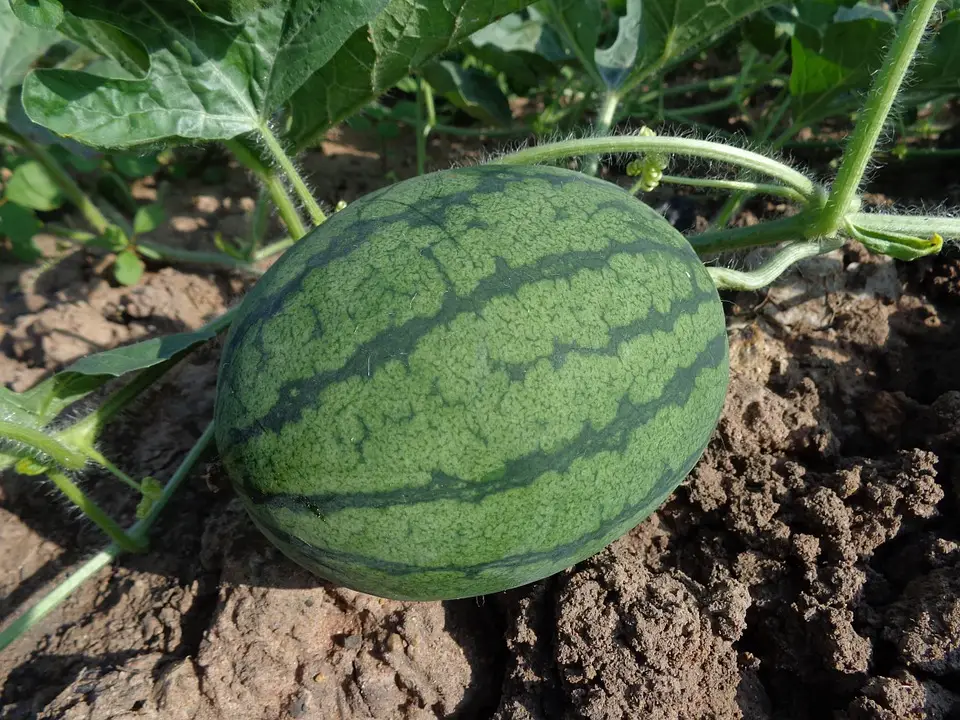As Poslovni Dnevnik writes, Croatian watermelon consumption is the same as beer consumption – people consume more when the thermometer is at its absolute maximum and there’s little else one can physically manage in that heat than sitting and eating and drinking. Neretva fruit growers claim that their watermelon was bought for 1.20 kuna until a week ago, and then the demand stopped rather abruptly.
If they didn’t take care of the sale of the much loved Croatian watermelon on famous southern Dalmatian roadside stands and on the markets, many failed to even sell even a kilogram because overripe Italian watermelon arrived on the Croatian market, sold next to the home-grown sweet ones, which were additionally sweetened by drought, Vecernji list has learned from fruit grower Neven Mataga from Opuzen.
“It’s a total disaster. It’s unfortunate that there are so many tourists in Croatia, and yet we have nowhere to sell the Croatian watermelon. My heart aches when I see how many are still sitting out there in the field. We grow them, harvest them, put them in containers, and the traders just take them away and charge three times more than we spent on them. Now even that won’t happen either.
I believe that this is nothing but a targeted action to destroy Croatian watermelon production. You’re so exhausted by it all that you can no longer work and you just give up,” explained the indignant Mataga, adding that traders aren’t interested “in fruit under six and over 12 kilograms” and that they’re looking for a special weight.
In the retail chains many have visited, the Croatian food section is becoming more and more difficult to find, especially if it is known that the year for fruits and vegetables was generally bad, and not only in Croatia.
Certain fruits, such as raspberries and blackberries are primarily Croatia, while grapes are typically coming in from neighbouring Bosnia and Herzegovina, and Italy, apples are coming in from Slovenia, lemons are coming all the way from Argentina, the peaches and pears are from Spain, the nectarines are from Italy and Turkey, and the plums are from Moldova.
For more, follow our business section.








